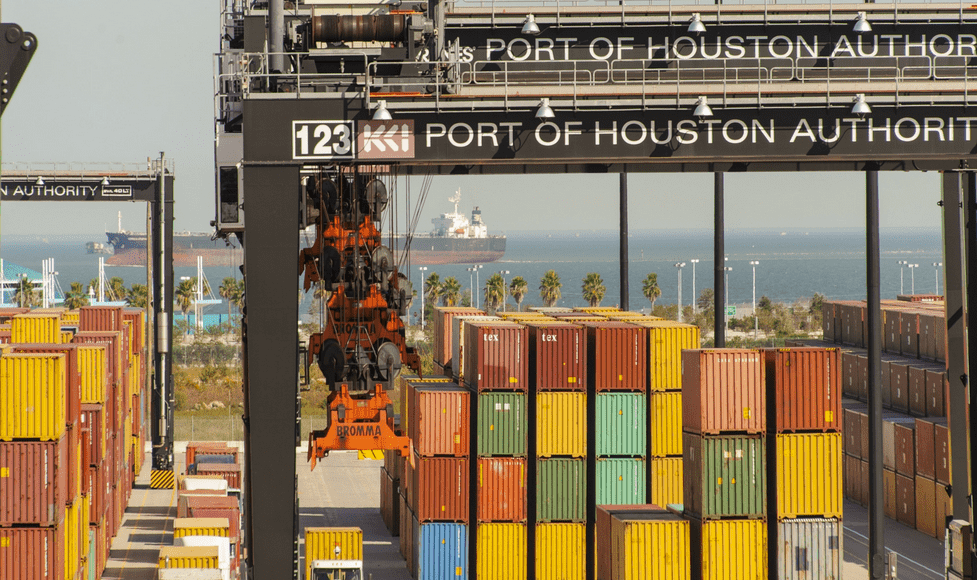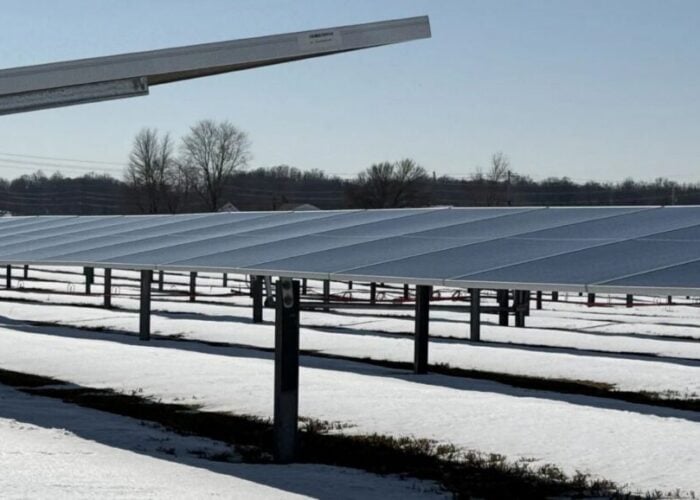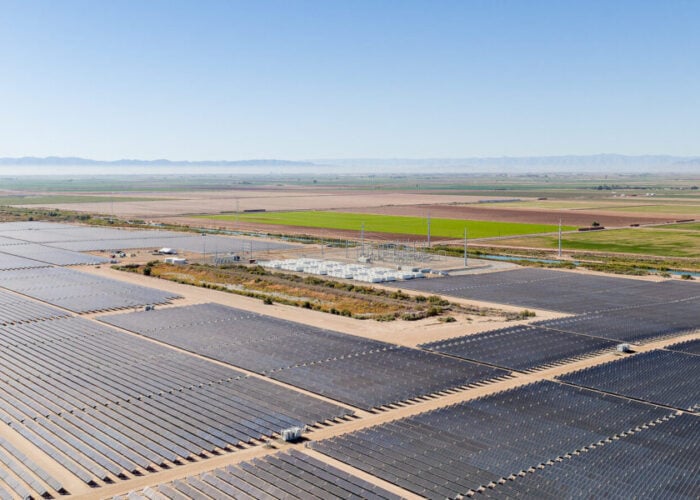
California-based solar manufacturer Auxin Solar has filed a lawsuit against the US Customs and Border Protection (CBP) and Department of Commerce for failing to collect payments and credits relating to the antidumping and countervailing duty (AD/CVD) tariffs on solar imports.
Auxin is joined in the suit by co-plaintiff Concept Clean Energy (CCE), another small California-based firm. The AD/CVD tariff is currently subject to a two-year executive waiver, announced in May 2023 by president Joe Biden, but the two companies claimed on 29 December 2023 that Commerce is not required to uphold the tariff, and that the pause is unlawful and an “abuse of discretion”.
Try Premium for just $1
- Full premium access for the first month at only $1
- Converts to an annual rate after 30 days unless cancelled
- Cancel anytime during the trial period
Premium Benefits
- Expert industry analysis and interviews
- Digital access to PV Tech Power journal
- Exclusive event discounts
Or get the full Premium subscription right away
Or continue reading this article for free
The lawsuit said that Commerce had upheld a “lawless” solar marketplace, and that the president’s waiver has denied Auxin Solar’s right to relief from uncompetitively low-priced Chinese products.
At the time of Biden’s waiver, which he reaffirmed to veto a bipartisan Senate decision to remove it in April 2023, experts said that it did raise “questions of legality”. Auxin Solar’s CEO said at the time: “By taking this unprecedented – and potentially illegal – action, [Biden] has opened the door wide for Chinese-funded special interests to defeat the fair application of US trade law.”
The second time around
Auxin Solar initially brought the now long-running AD/CVD case to Commerce in 2022, after which followed a year of speculation and back-and-forth until in August 2023 Commerce ultimately found five solar manufacturers guilty of circumventing US import tariffs by relocating portions of their Chinese supply chains to Vietnam, Thailand, Cambodia and Malaysia.
Tariffs will be applied to any offending imports from June 2024, when Biden’s waiver will expire. The waiver was introduced as a ‘bridge’ to allow the US solar industry time to ramp up its operations and begin harnessing the Inflation Reduction Act’s (IRA) incentives before the import barriers come into place.
This most recent lawsuit from Auxin has prompted discussion in the solar industry, much of it criticising the company and its continued legal action. Posting on LinkedIn, Adam Larner, Chief Operating Officer of Primergy Solar, suggested that, according to the US Customs website and importgenius.com, Auxin solar had repeatedly bought solar glass, junction boxes and backsheets for its solar modules directly from China and that its lawsuits were hindering the industry’s ability to mature.
Other members of the US solar industry have also raised questions on Linkedin about Auxin Solar’s motivation in pursuing the AD/CVD case and in whose interest it is acting, as well as its business practices.
Comments and posts pointed out that the outcome of the initial AD/CVD investigation was largely successful for Auxin – resulting in five manufacturers being officially found to be circumventing the tariffs – and that further action would only slow down the US’ decarbonisation programme, and negatively impact the solar industry.
This follows widespread condemnation of the tariffs by the solar industry. Last year, the CEO of the Solar Energy Industries Association, Abigail Ross Hopper said: “Any legislation that threatens 30,000 American jobs and weakens our nation’s energy security to this degree should be dead on arrival.”
Indeed, when first announced the AD/CVD case created uncertainty and insecurity in the US solar market. At the time, around 80% of all US module and cell imports came from the four named countries and the Solar Energy Industries Association called the investigation a “monumental loss,” slashing its solar forecasts by around 24GW.
A question to be answered
Manufacturing in the US is not yet close to being able to meet demand. Thin Film Cadmium Telluride module manufacturer First Solar is among the most prominent companies to be expanding production capacity in the US – alongside Hanwha Qcells, Canadian Solar and others – but the market will still be heavily reliant on imports if it is to continue its growth, and there is still a relative lack of manufacturing plans for cells or further upstream components.
However, following Commerce’s finding that five manufacturers had been circumventing the tariffs, the Clean Energy Associates said: ““We expect no significant impact on solar PV import volumes and prices as a result of the final determination. However, certain suppliers will not be able to avoid paying duties and are unlikely to continue to export directly to the US market after 6 June, 2024.”
A more in-depth explanation of the AD/CVD tariffs, and updates as new developments happened, can be found in PV Tech’s archive, here.






